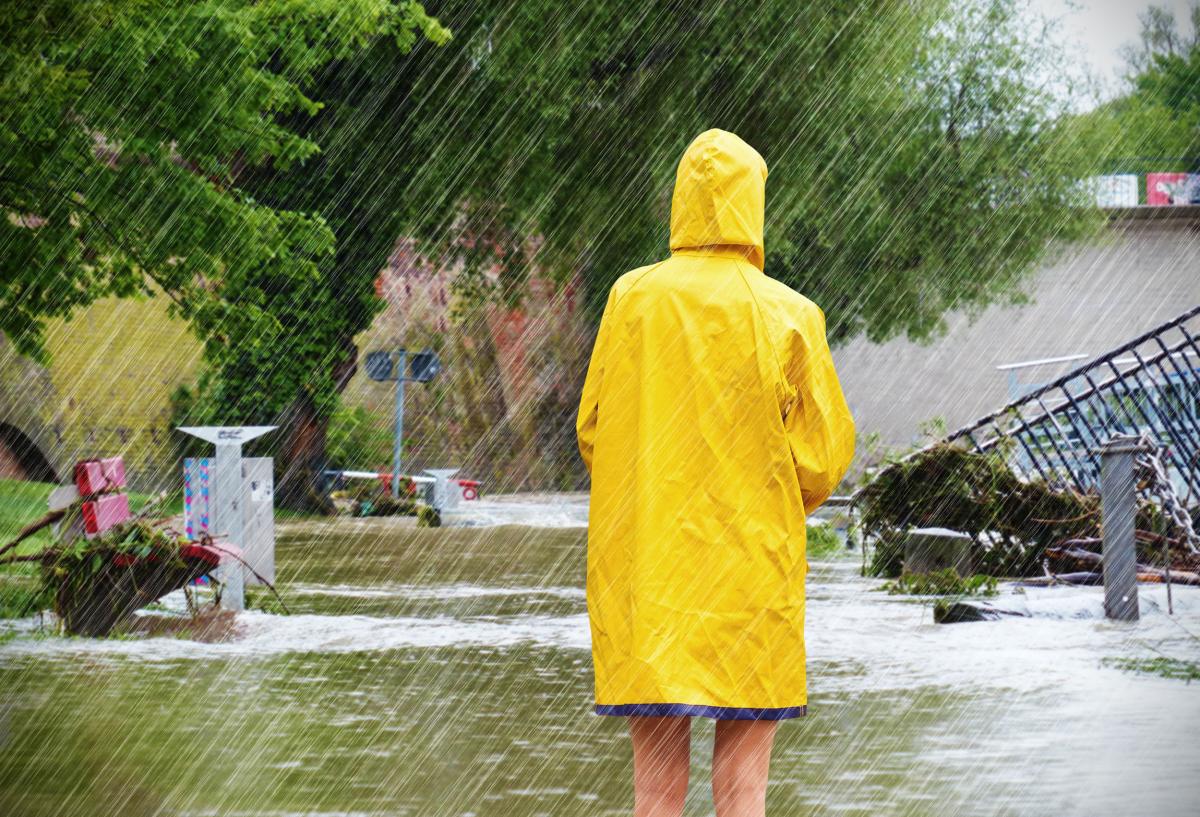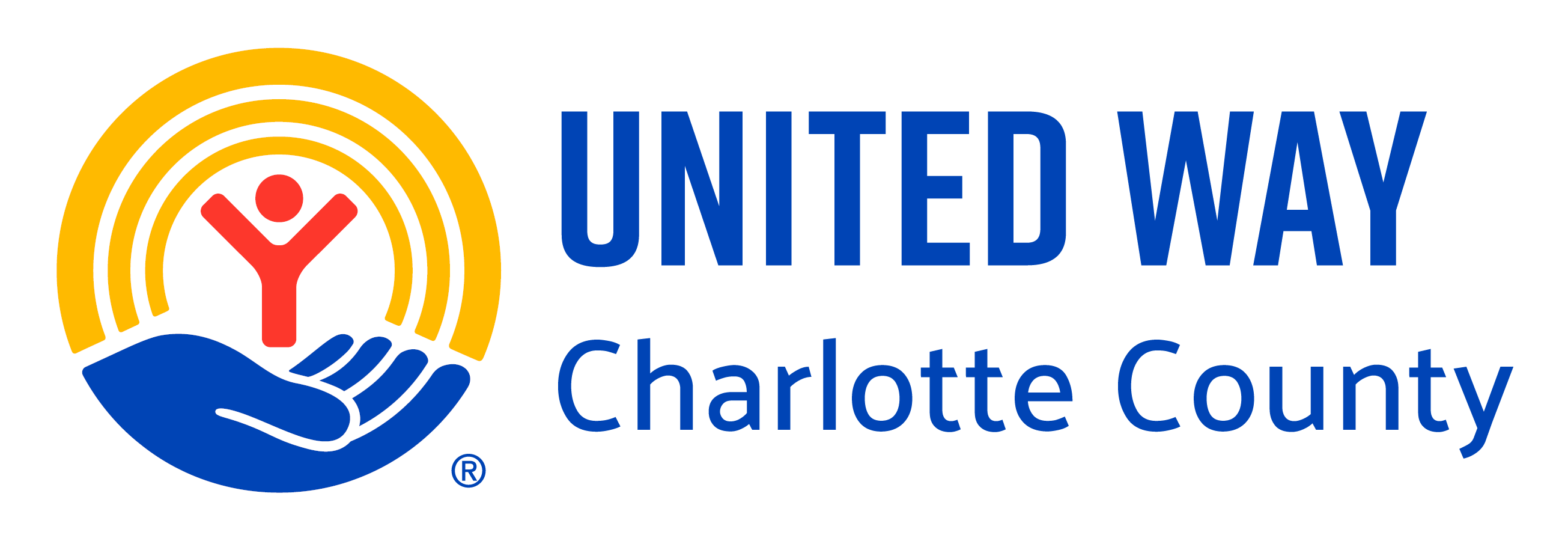A Resource Guide to Help You Get Back on Your Feet After You Have Braved the Storm.
Charlotte County, Florida
Click here to view the PDF version of AFTER THE STORM.

After the Storm – Next Steps
Use these checklists to guide your plan of action for recovery.
For Your Family
- List your available financial resources
- Identify other sources of financial assistance
- Make a list of things you will need to replace
- Take photos of damage that has occurred
- Stay in touch with family and friends
- Consider joining a support group (or start one of your own)
- Return to normal routines as soon as possible
- Talk about your feelings
For Your Children
- Give lots of reassuring hugs
- Provide factual information about the disaster
- Encourage them to talk about their feelings– and be honest about your own
- Spend extra time with them at bedtime
- Return to regular schedules for work, play, school and rest
- Involve your children in the recovery with specific chores
- Praise responsible behavior
For Yourself
- Eat properly and drink plenty of liquid
- Exercise helps reduce stress– take a brisk walk
- Don’t take on too much as you begin to rebuild
- Get plenty of rest – nap if you can’t sleep
- Talk about your fears and concerns
- Consider talking with a counselor who can help you manage your stress
- Don’t hesitate to ask for help when you need it
For Your Home or Apartment
- Contact FEMA (Federal Emergency Management Agency)
- Be sure your residence is safe before you return
- Contact your insurance agent– don’t guess at your coverage
- Get more than one estimate for repairs
- Set up a safe place to keep receipts for all your expenses
- Determine what you can do by yourself
- Determine what you can do with the help of a few friends
- Determine what requires an expert (electrical, plumbing, etc.)
- Check references carefully
- Check contractor and repair firms with the Better Business Bureau
A Roof Over Your Head
The experience of homelessness for those who have been forced out of their homes as a result of a natural disaster is particularly devastating. Suddenly, in spite of years of careful planning and saving, you may have lost your home and its valued contents. You may have lost treasured mementos and cherished possessions that are an important part of your history. If this is the case, you have reason to grieve. While no one can truly recapture all that you have lost, there is help available to help you begin again.
FEMA (Federal Emergency Management Agency)
If your area is declared a national disaster, you may qualify for financial aid. You are encouraged to apply for FEMA assistance or aid, regardless of the extent of the disaster you experienced.
People who suffered damages from the storms are eligible for assistance through various programs offered by FEMA. If you are a renter, you may be eligible for a grant from FEMA to cover Short term rent assistance at a new location. The process involved in applying for FEMA may seem time-consuming. However, you may be missing an important source of financial assistance if you fail to take advantage of this opportunity.
When you apply, please have the following information available:
- Social Security number
- Current and pre-disaster address
- Telephone numbers where you can be contacted
- Insurance Information
- Total household income
- A routing and account number from your bank
(only necessary if you want to have disaster assistance funds transferred directly)
Call the FEMA Helpline or check online if you need additional help or have questions. You can also learn the status of an application, additional services, or the location of specific services.
FEMA Application Line 800-621-FEMA (3362)
TTY # 800-462-7585
You can also apply online at www.DisasterAssistance.gov.
Information & Referral 2-1-1 or 1-941-205-2161
Click here for additional resources and phone numbers.
Disaster Distress hotline or disasterdistress.samhsa.gov ........................800-985-5990
Emergencies...............................................................................................9-1-1
Non-emergency Business – Punta Gorda and Port Charlotte.....................941-639-2101
Non-emergency Business – Englewood....................................................941-474-3233
Disaster Unemployment Assistance (DUA)..............................................800-204-2418
www.floridajobs.org/job-seekers-community-services/
Florida Office of Insurance Regulation General Inquiries..........................850 413-3140
http://www.floir.com/Office/HurricaneSeason/hurricaneresourcepage.aspx
Dept. of Children and Families – ACCESS Florida.....................................866-762-2237
Volunteer Florida – Volunteer and Donations www.volunteerflorida.org
When a Crisis Strikes
Living through a major crisis produces many different types of feelings. You may feel anxiety, depression, confusion and tension. These feelings may cause a breakdown in our usual coping mechanisms. You may find it hard to function, behave in unexpected ways or have trouble making decisions.
Although a crisis can result in a sense of anxiety, pain or hopelessness that makes it hard to cope, these same feelings can serve as motivation to look for help and develop new coping mechanisms.
